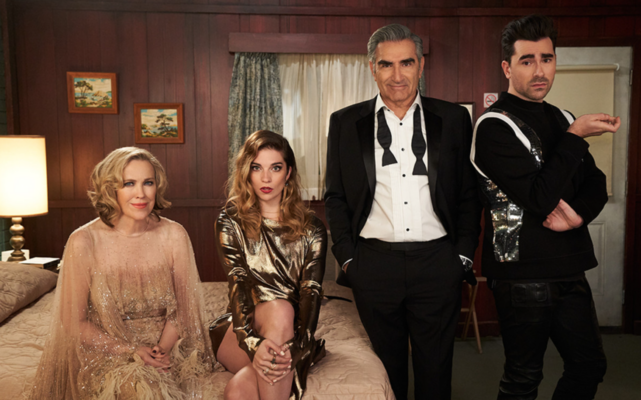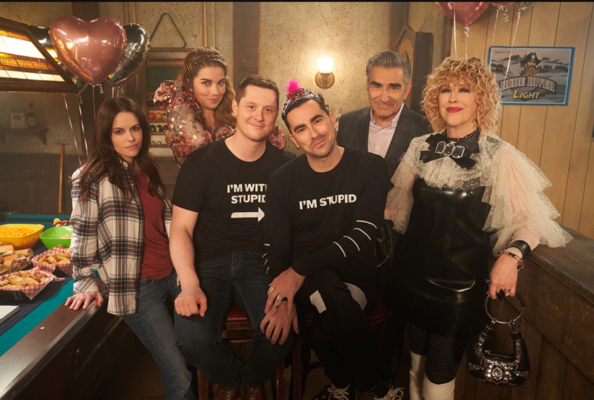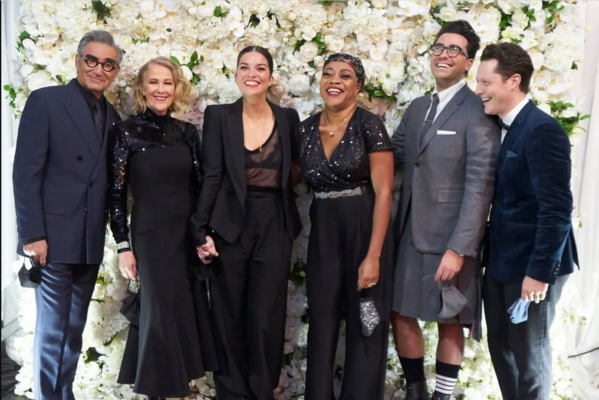Many viewers of Schitt’s Creek often describe it as a “slow burner,” and there are several reasons why it takes time for the show to truly captivate its audience. The story begins with the formerly wealthy and spoiled Rose family losing everything and being forced to move to Schitt’s Creek, a small, insignificant town that is their only remaining asset. Over six seasons, the Rose family’s journey is as moving as it is entertaining, and the show has garnered widespread love from its audience.
Schitt’s Creek centers around the Rose family, who come from a life of extreme wealth and privilege. Their relocation to Schitt’s Creek highlights just how out of touch they are with the real world as they interact with the town’s residents, such as the eccentric mayor Roland (Chris Elliott) and the down-to-earth Stevie (Emily Hampshire). These townsfolk lead lives that are vastly different from the Roses’ formerly privileged existence. A significant part of the characters’ development in Schitt’s Creek is the mutual learning experience between the Roses and the people of the town, making the show unique in how it balances and evolves each character.
However, many dedicated viewers note that Schitt’s Creek takes some time to become truly engaging, with most pointing to the end of the second season as a turning point. One reason for this is that the Rose family members are deliberately unrelatable in the first two seasons. Audiences initially connect more with characters like Stevie, who often mocks the Roses for their unrealistic expectations and disconnect from the working class. As each Rose family member starts to find their place in the town—such as David (Dan Levy) opening his own store, “Rose Apothecary”—they begin to experience positive changes because they’ve grown and earned it. It’s at this point that the Roses become more likable, and the audience begins to root for them.
The show achieves this transformation by skillfully pairing each Rose family member with a town resident who initially seems to be their polar opposite, but ultimately balances them out and makes them more endearing. For instance, Alexis (whose most iconic character trait was improvised by Annie Murphy) develops a relationship with Ted (Dustin Milligan), David bonds with Patrick (Noah Reid), Johnny (Eugene Levy) forms a partnership with Stevie, and Moira (Catherine O’Hara) connects with Jocelyn (Jennifer Robertson). These relationships, initially resisted by at least one party, grow into genuine and authentic connections. Relatability is a huge part of the show’s appeal, and viewers come to relate to the highs and lows of each character’s relationships with the others.
While many consider the second season to be the turning point for Schitt’s Creek, the Rose family continues to evolve throughout the entire series. Much of the credit for this transformation goes to Dan Levy, who took on the role of sole showrunner at the beginning of season 2. His creative leadership and responsibility for lead writing are significant reasons why the audience’s love for Schitt’s Creek deepens starting in season 2.






